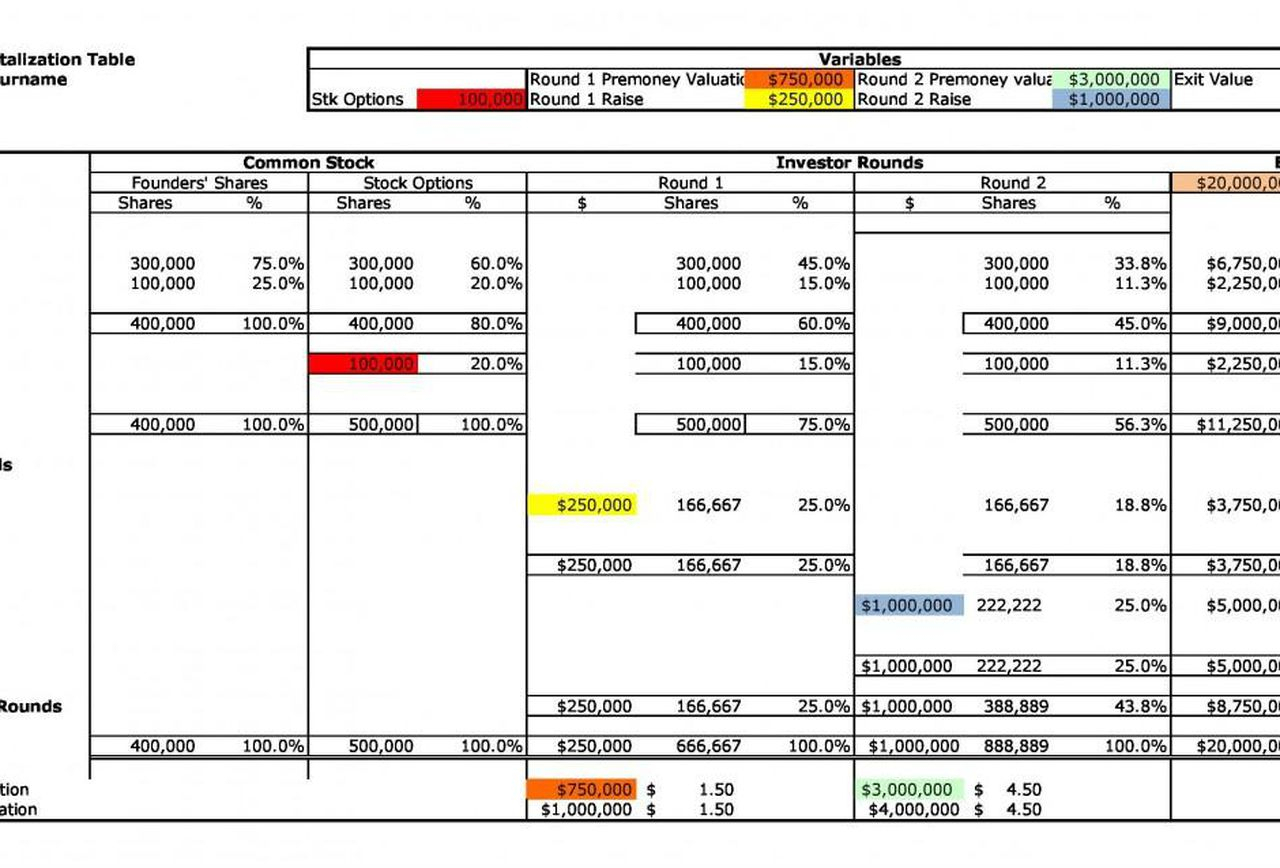
If you live in the United States for instance, the after-tax cash flow of an investment you analyze today will vary greatly depending on who wins the presidential election every four years. Tax law varies from year-to-year and jurisdiction-to-jurisdiction and is regularly changing. Because no two taxpayers, no two tax years, and quite frankly no two investments have the same tax treatment, performing analysis on an after-tax basis distorts the comparison. Real estate analysis is ultimately the practice of comparing one investment against its alternatives. After-tax cash flow modeling distorts the comparison element of real estate analysis. You should consult your own tax, legal and accounting advisors before engaging in any real estate transaction.ġ. This material has been prepared for informational purposes only, and is not intended to provide, and should not be relied on for, tax, legal or accounting advice. Important Note: Adventures in CRE and its affiliates do not provide tax, legal or accounting advice. I can count on one hand the number of deals that we spent significant time thinking about the after-tax consequences of a real estate investment. Having underwritten tens of billions of dollars in real estate at both boutique and institutional real estate firms. In fact, looking back on my two decades in residential and commercial real estate. It’s how real estate analysis is taught in schools, and it’s how real estate investment teams operate in practice. Before-Tax Analysis – The Real Estate Industry NormĪs real estate investment professionals, we perform analysis on a before-tax basis. Real estate investment professionals analyze real estate cash flows on a before-tax basis. Not yet an Accelerator member? Consider joining the real estate financial modeling training program used by top real estate companies and elite universities to train the next generation of CRE professionals. Are you an Accelerator member? Check out that forum discussion here. This blog post comes in response to a question raised in the Accelerator forums. I finish the post by sharing a very basic After-Tax Analysis Module.



I then share a few cases where modeling taxes is worthwhile (with the support of tax professionals of course). In this post, I first discuss why most real estate analysis is performed on a before-tax basis.
#Valuation with pre and post tax cashflows professional#
And in those cases, it’s helpful for the real estate professional to perform a quick after-tax analysis to sift through opportunities, before consulting with a tax professional.

However, there are situations where forecasting cash flow on an after-tax basis makes sense. This is exacerbated by the fact that real estate professionals are generally not tax professionals, and thus are not suited to the ever-changing tax nuances that go into after-tax analysis. On top of that, government tax policy is ever-changing, making forecasting tax liability into the future a difficult and somewhat unreliable task. So comparing the projected returns of two properties on an after-tax basis isn’t comparing apples-to-apples. No two owners of real estate have the exact same tax situation and no two properties necessarily have the exact same tax treatment. When modeling real estate investments, industry practice is generally to stop at before-tax cash flow.


 0 kommentar(er)
0 kommentar(er)
